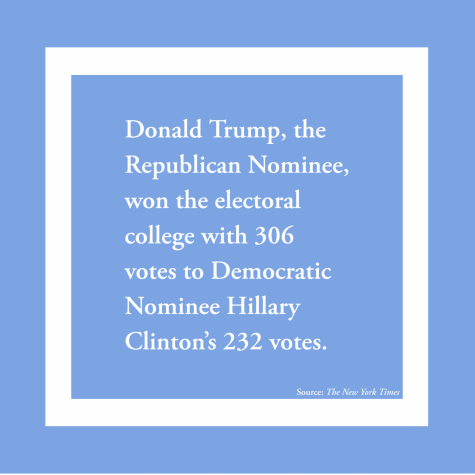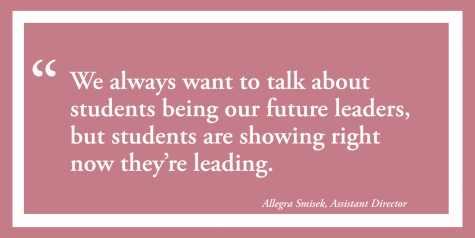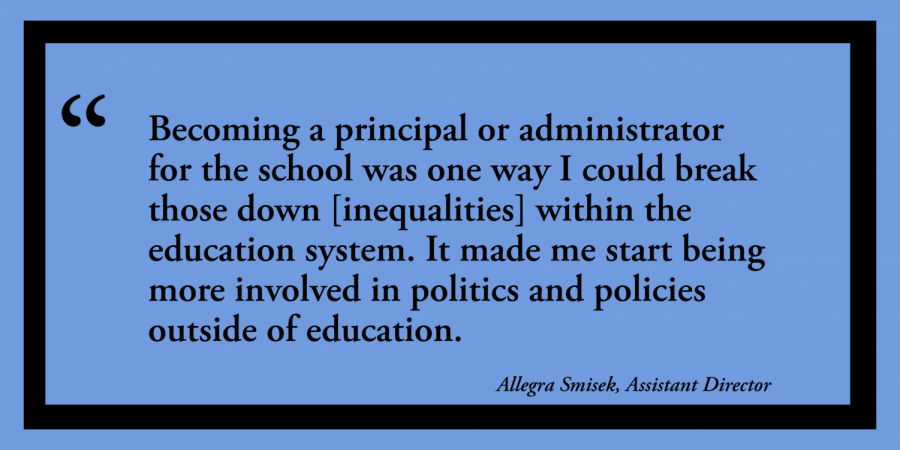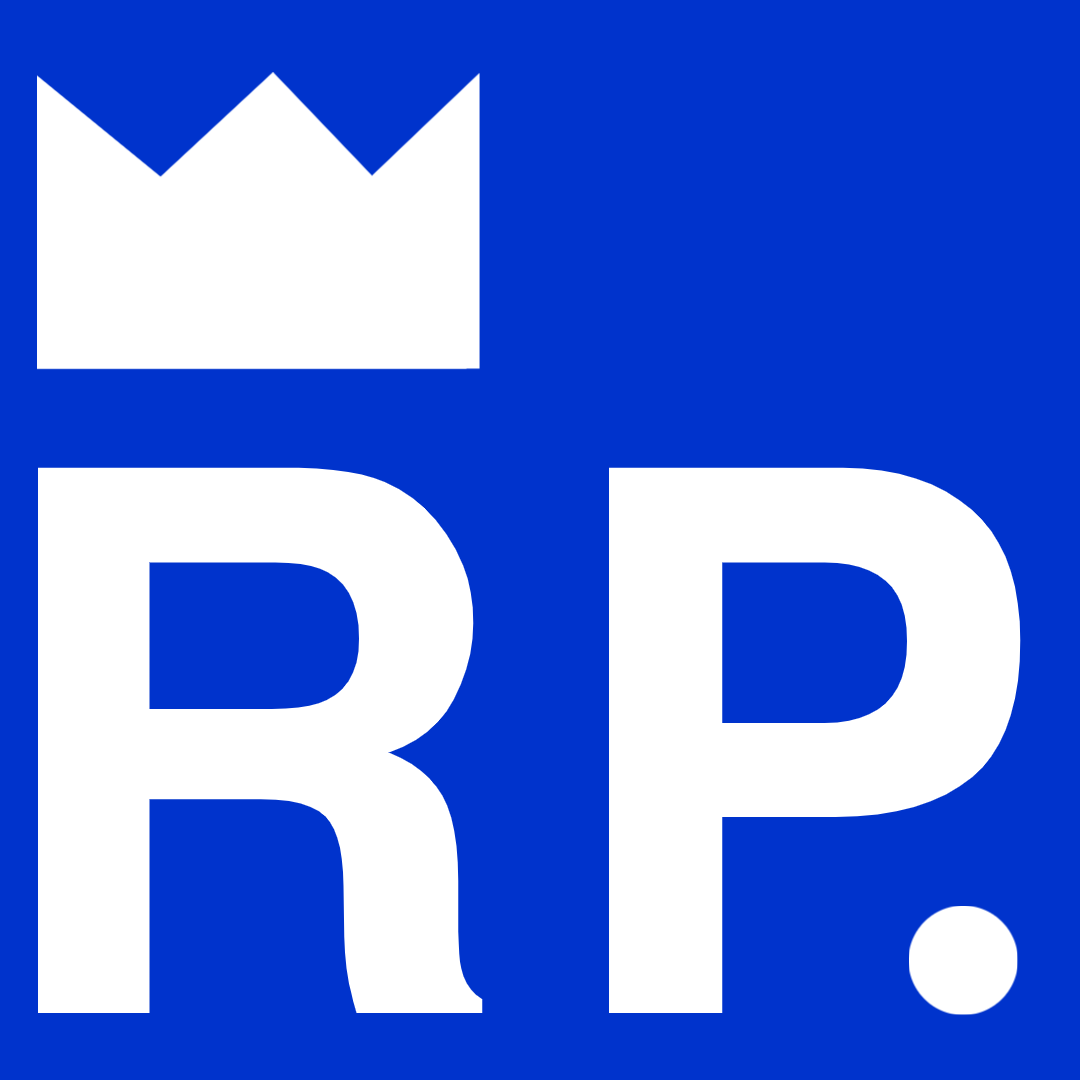2016 vs 2020
Nov 3, 2020
On Wednesday, Nov. 9 Ms. Allegra Smisek, Assistant Director, told herself she would keep her composure and maintain a sense of normalcy for her first block Global Studies class. But, as she walked through the door, she was crying. 
Her distress was shared by millions of peoples throughout the country and the results were shocking for both parties. Donald Trump, the 2016 Republican Nominee, won the electoral college with 306 votes to Democratic Nominee Hillary Clinton’s 232 votes.
“You get to know students in the class, but that day it felt like everyone got so connected. Everybody took off their masks and were their true selves in that moment,” Ms. Smisek said. “Everyone was feeling something really intensely. I always wanted kids to care about civics and global studies, but it made me realize all the other things that impact kids’ lives in eighth grade.”
This intensity was present in HHS, too. In the mall, students huddled together crying in disbelief.
During the next four years, a similar feeling of despair overwhelmed social media, newspapers and everyday discussions. Major issues such as gun control, women’s reproductive rights and especially recently police reform, have defined politics and party platforms.
“Traditionally, young people aren’t as engaged in elections, partially because they don’t feel like it impacts them. But that day in our class, and everywhere, young people realized how big of an impact elections can have on their lives,” Ms. Smisek said. “I saw a Times magazine with the kids of Parkland, and it said ‘We can vote now, we’re old enough to vote.’ Right after, there was the women’s march. Then you had the March For Our Lives.”
Students, often too young to vote, have led hundreds of movements across the nation and in the halls of HHS.

“We always want to talk about students being our future leaders, but students are showing right now they’re leading,” Ms. Smisek said.
Within the Hopkins School District, there have been changes enacted too. The school board recently voted to remove School Resource Officers, and HHS has organized racial affinity groups to engage students.
“The momentum among students has been growing, so I feel like the timing was really good with Principal Ballard. Students at Hopkins have been demanding more conversations about race, demanding change in what we learn and how we learn,” Ms. Smisek said.
Looking ahead to the 2020 election and beyond, young voters and students have power. According to CIRCLE, there are 10 million young people ages 18-29 who have cast their absentee ballots already.
In 2016, Trump won Wisconsin by only 26,257 votes. In one of the most critical battleground states this year, Pennsylvania, Trump won by 82,236 votes. Young voters easily could have made the difference between these states’ electoral votes going to Clinton instead of Trump.
As these students become adults, and with an increasing number of young voters, their progressive perspectives will become the moderate norm.
“It wasn’t that many years ago now, but it was revolutionary, that Minnesota passed the gay marriage law,” Ms. Smisek said. “People couldn’t believe it. It got so nasty, and it wasn’t a sure thing that it would pass. Right? So things can shift really quickly which is great,”
Additionally, the liberal views held by younger voices can be passed to older citizens who traditionally uphold conservative ideals.

“Frankly, I find that young people have much more progressive views about race, gender, climate, and so many things,” Ms. Smisek said. “They can provide leadership for older people who take a little bit longer to get it.”
Although Ms. Smisek recently obtained her admin license, she still feels the impact students had on her as a teacher.
“That experience from the election with our class really motivated me to run for state representative. I told the story of that day and how powerful that moment was,” Ms. Smisek said. “Because of that speech, people reached out to me to run for the Richfield school board a year later.”
There’s no doubt the 2020 presidential election will have a similar effect on students as the previous one, but in the following decades Hopkins students will discover the impact they have locally, state-wide, and throughout the nation.
“I’m really grateful I work in Hopkins, and that I got to be their teacher. That day was so hard, but you all changed my life. In a very specific and profound way, and I’m just really grateful for that,” Ms. Smisek said.
